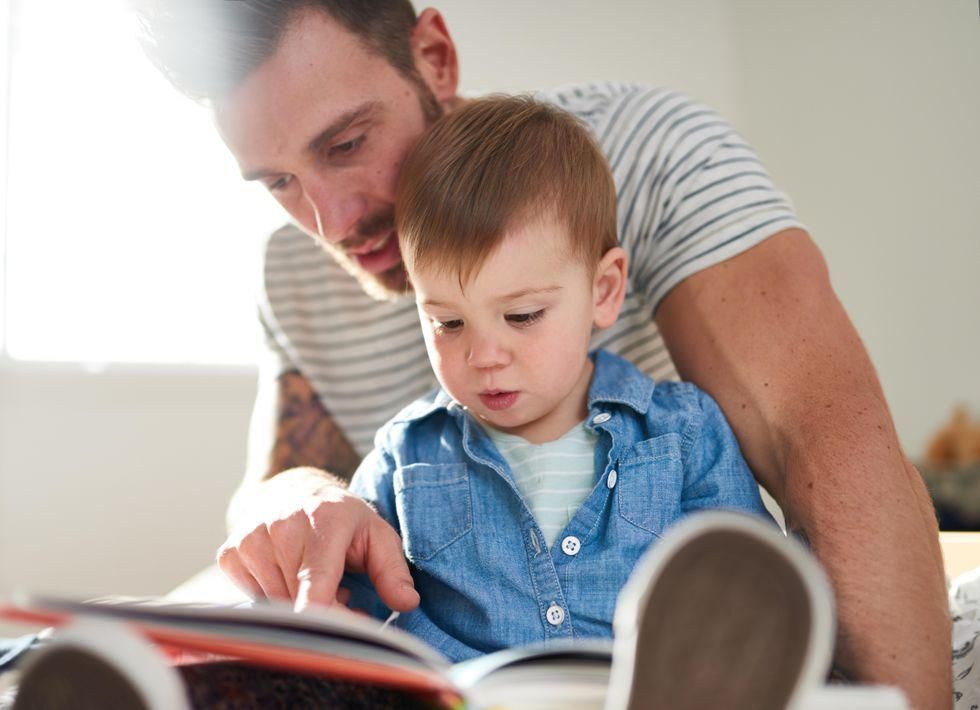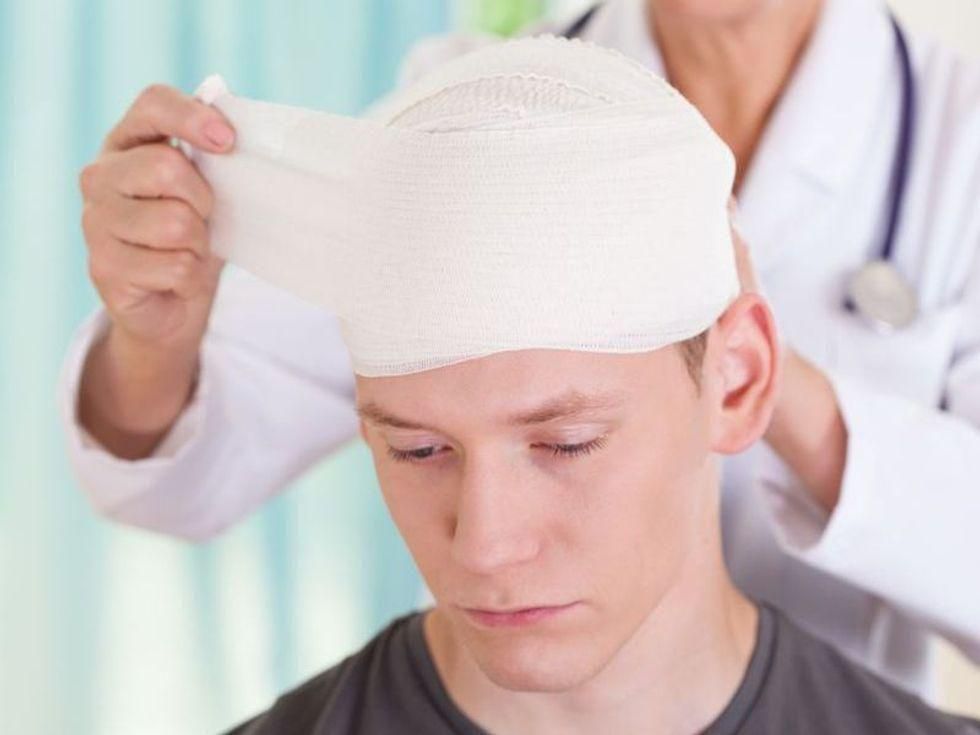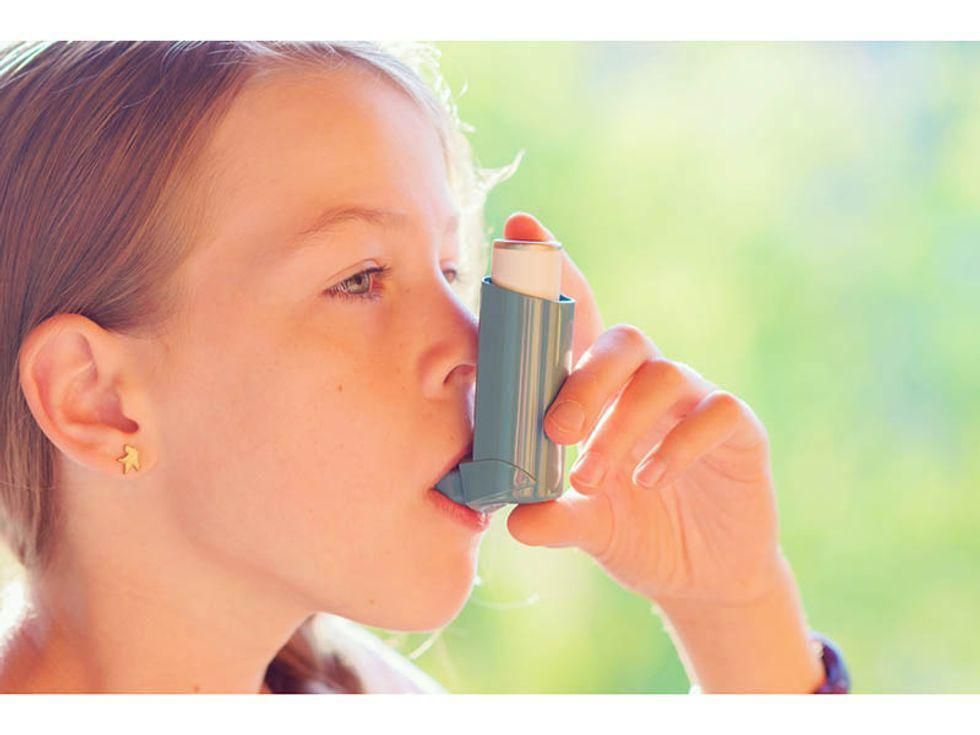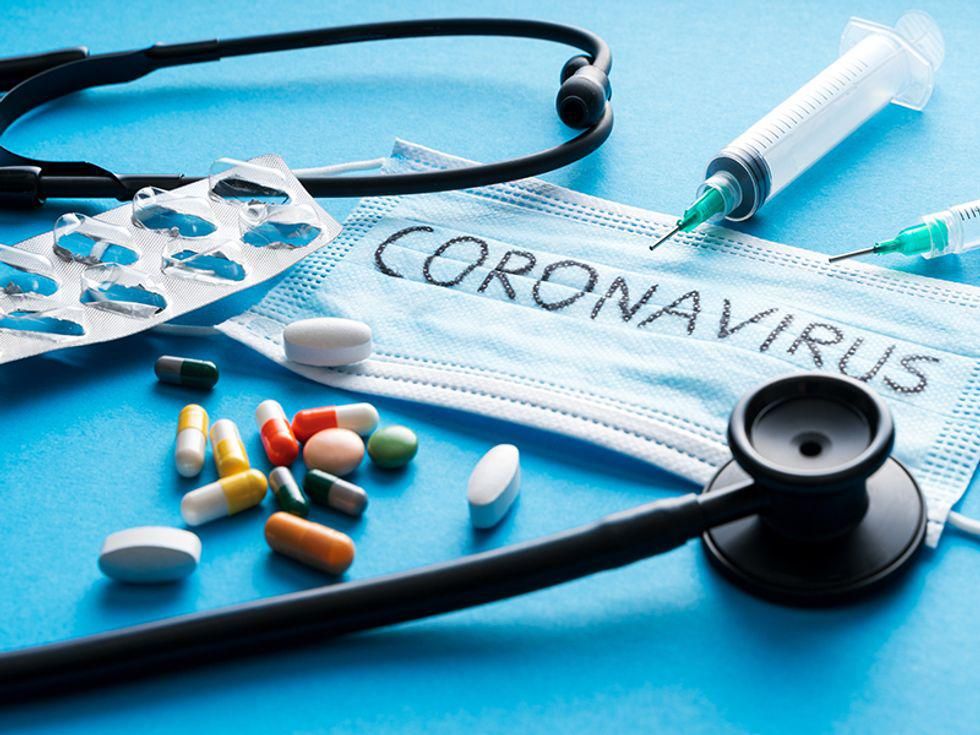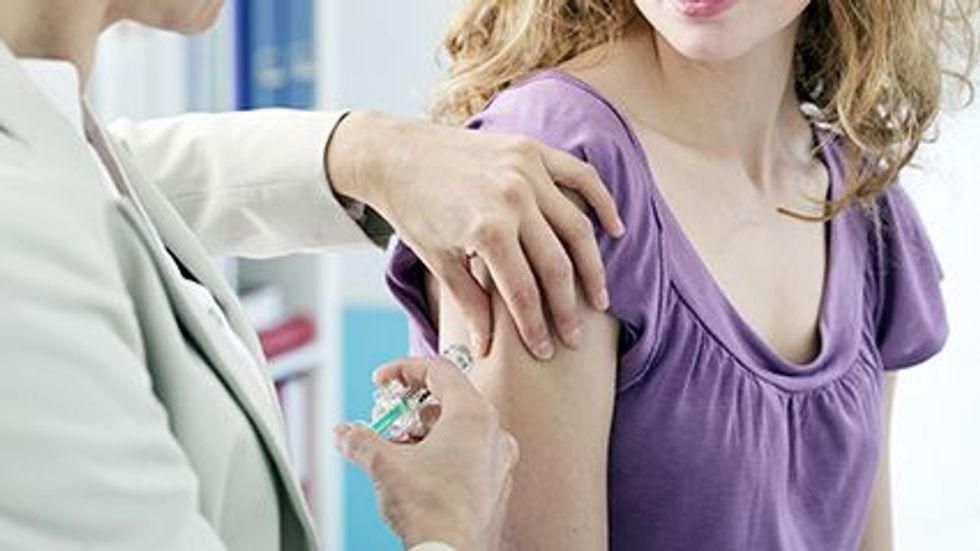
With HIV a continuing threat to women’s health, the World Health Organization (WHO) has approved the first long-acting device to protect women from sexually transmitted HIV. The device is a vaginal ring made of silicone elastomer, a flexible rubber-like material that makes it easy to insert and comfortable to use. The ring releases the antiretroviral… read on > read on >










